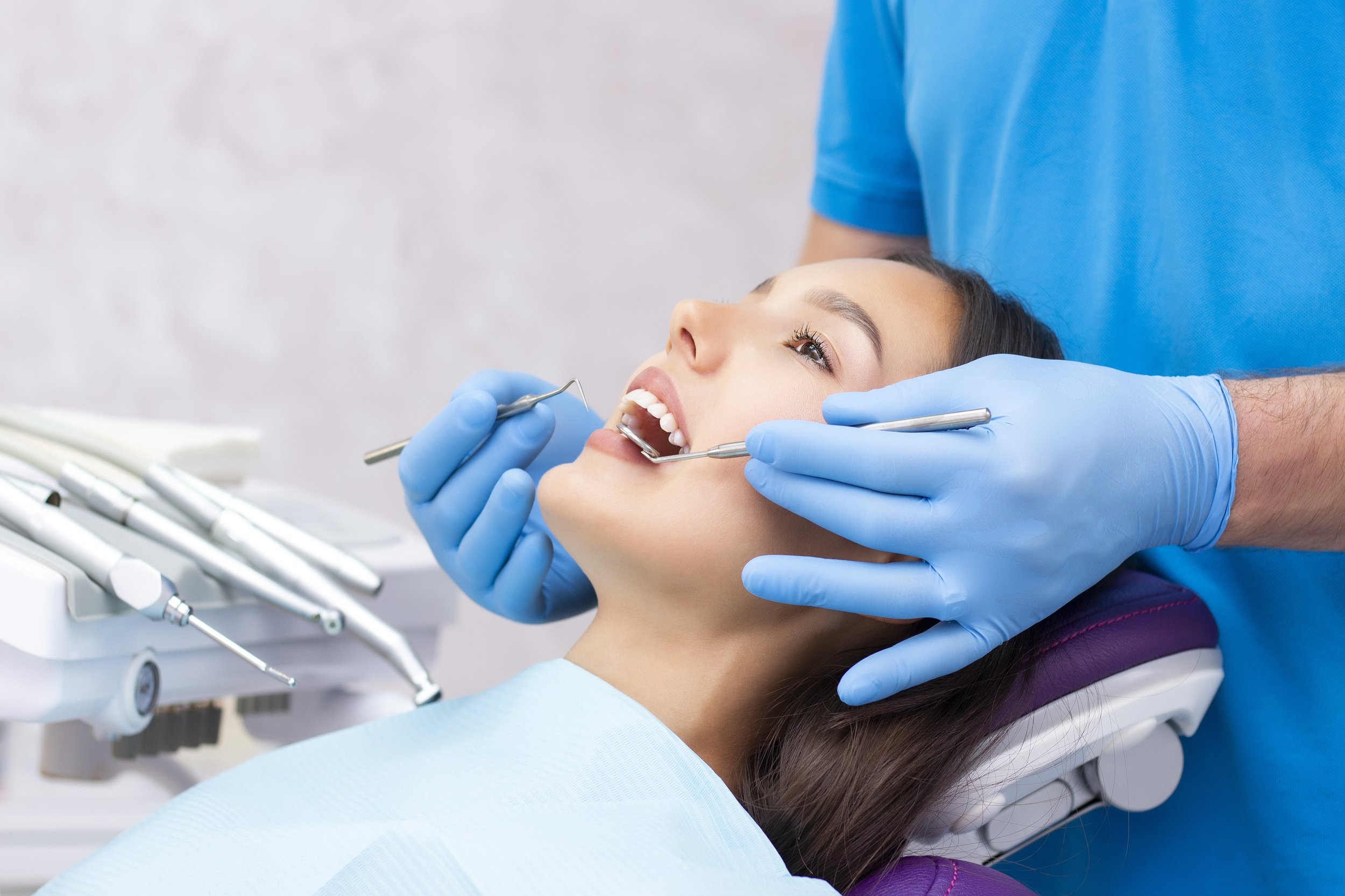Why consider treatment abroad? Generally, the prices for dental treatments cost a fortune in the UK. Similarly to other locations like Hungary, Poland and Bulgaria, dental patients venture on a thousand-mile trip in search of the best bargain. One country, however, is distinguishingly more popular than the others and that is Turkey. Be it for the low travelling costs, historical places or turkish cuisine health tourism has generated more than $1B to Turkey’s profit in 2019 and is expected to reach the impressive $20B in 2022.
How To Overcome Dental Anxiety
Dental anxiety has a massive impact on Brits and according to a survey by dentallaw.co.uk can stem from general anxiety, previous negative experiences, potential treatments costs, fear of pain and more. Other dental phobia statistics show that 58% of the UK population experience fear of dentists. Still, this is not a purely English dentist phobia, but a worldwide one. Eventually, it results in severe deterioration of oral health like gum disease, cavities and inevitably tooth and bone loss.
What You Need to Know About Dental Crowns and Bridges Made from Zirconia
Zirconia does not appear naturally, it is artificially produced. Nevertheless, it is made of a mineral called Zircon that is present on the surface of the earth’s crust. It is a mineral that can be found in nature and is the source of Zirconium which is a silver metal. It is incredibly solid and can form various other compounds among which – Zirconium Dioxide (aka Zirconia).
Alternatives to Dentures or What to Do in Case of Missing Teeth
Teeth are supposed to work together, so missing one or more can take its toll on your speech, reduce comfort when eating and limit food choice. As a result of painful chewing, you may end up eating on one side of your mouth. In turn, your jaw and facial muscles will be imminently affected.
The Full Guide to Dental Implants in the UK: Advantages, Disadvantages, and Costs
Being toothless can take its toll both physically and mentally. Based on the latest research, about 6% of adults in the UK have no natural teeth left. Losing your teeth could have dire consequences not only in terms of shattered confidence, but could also result in overall health deterioration. To make it even worse, it prevents you from eating your favourite foods and impacts your social interactions negatively. There could be different reasons for toothlessness such as poor oral hygiene, various ailments like gum disease or factors beyond our control like an accident or assault. Fortunately, humanity has long invented a way to efficiently battle tooth loss and restore back to normal countless lives – the dental implant.
Fixed Teeth in a Day: Costs, Pros, and Cons
The teeth in a day procedure is a full jaw restoration that requires four dental implants in the lower jaw and six in the upper. This is why the term “All-on-6 / All-on-4” has been coined. Since the bone density in the upper jaw is less than the lower one, two more implants are needed in order to achieve optimal stability. All implants are carefully placed apart at digitally calculated angles along both arches to minimize tissue disruption and avoid doing damage to nerves and sinuses.
Tried-And-Tested, Safe and Often Necessary: Bone Augmentation
The body begins to break down the jawbone when it is no longer needed to keep teeth in place. This means that tooth loss leads to bone resorption. The speed of resorption can vary from patient to patient.
In many patients, bone resorption results in the jawbone being inadequate as a site for implants. To be able to insert implants, the implantologist must first build the jawbone back up to its original size.
Are You Anxious About Visiting the Dentist?
If yes, you’re not alone. In recent decades, fear of the dentist (also known as “dentophobia”) has become something of a full-blown epidemic. Around 25% of Britons have a fear of the dentist, while 12% suffer from extreme anxiety. In some people, the fear is so strong that they avoid visiting the dentist completely. This stores up even greater problems for the future, since patients who fail to undergo check-ups or minor treatment procedures have a higher probability of suffering major problems (and thus needing larger, more extensive interventions) later on. All of this means that visits to the dentist are an absolute necessity.
Implants: An Ideal Solution
Anyone who has done their research on dental prostheses will have stumbled across implantology at one time or another. If a patient is missing one or more teeth, a restoration using implants is often the ideal solution.
Hollywood Smiles – À la carte
Beautiful teeth have become a status symbol: anyone who is in the limelight or the public eye is expected to display a radiant smile. But what happens when we’re not blessed naturally with flawless teeth?
Challenges in the Dental Laboratory
As attractiveness and appearance are afforded greater importance than ever before, dental restorations are held up to ever higher aesthetic standards. This includes a perfect tailoring of the colour to ensure that the prosthesis blends in seamlessly with the existing teeth – whether the restoration is a single tooth or a full upper or lower jaw.
Read more
5 Years With An Artificial Tooth: The Long-Term Durability of Implants
Much has been discussed in recent months about the service life of implants. There is an ostensible lack of scientific studies examining their success rates and durability – and when studies do touch on these issues, it is difficult to make accurate observations on and differentiations between different implant systems. Things become even trickier when you consider that many studies are sponsored by the manufacturers themselves.













